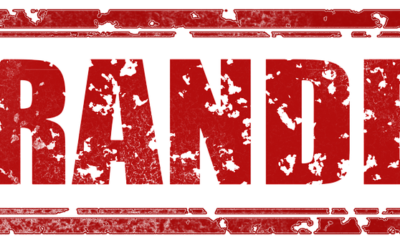Many new business owners and Silicon Valley like startups often ask about confidentiality agreements. They desire to protect their trade secrets, customer lists, technological endeavors, and database information. Some of these same owners are inclined to ask the question of whether a confidentiality agreement is the same as a non-disclosure (NDA) agreement. In fact, many of these same owners believe they can just print off a boiler plate confidentiality agreement or NDA and use that as their protection, that additional legal advice is not necessary.
This is false. First of all these documents can range from 10 page documents to simple two or three page documents. Most of the clauses are generally boiler plate but depending on the industry, its role in the community, and its endeavors special language is necessary. The special language can be highly technical. When lawyers draft these unique clauses they often ask the owner what type of information, what purpose is it being disclosed, how sensitive is the information, why must it be safeguarded, what is the possible worse thing that could happen if it got in the wrong hands, how long should the information be confidential, should other employees or subsidiaries be included?
Moreover, there is also a very common (and very wrong) belief that simply having a NDA at the beginning of a relationship between a owner and an employee or third party is more important than the signature itself. Having the other party sign a confidentiality agreement is a good way to set the relationship up for success and letting each party know where they stand. It also puts them on notice that they need to take care of any information they become a party to. Usually unauthorized disclosure of information is cured by the use of an injunction preventing the wrong doing party from disclosing any confidential information. The costs of getting an injunction however could be costly, but it is well worth it to protect privileged information. Restitution and damages can always be recovered. A good commercial attorney should have no problem giving you advise and drafting unique language to best protect your company.






